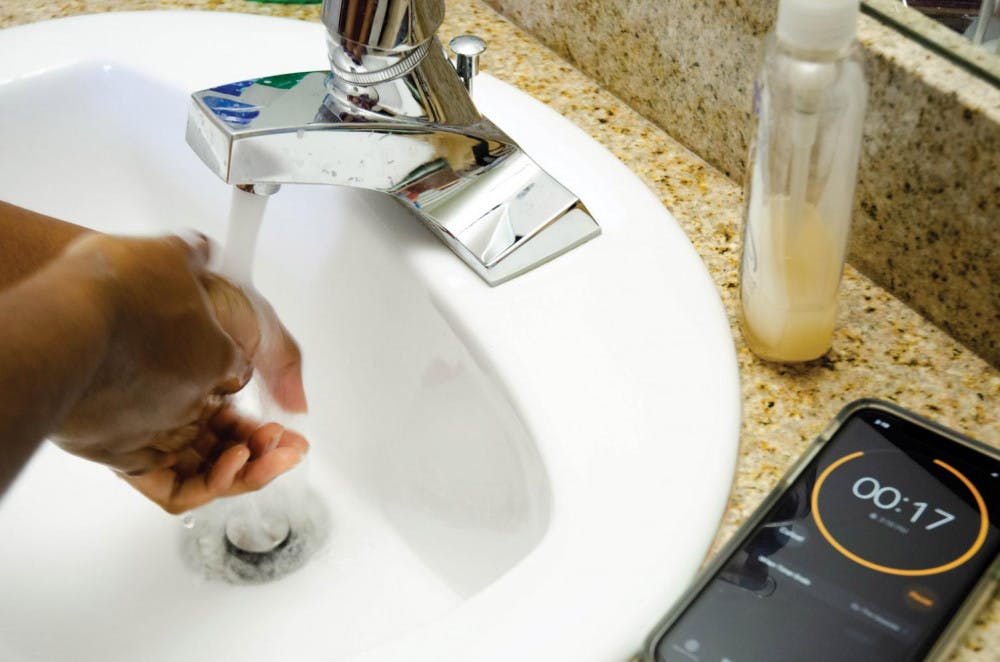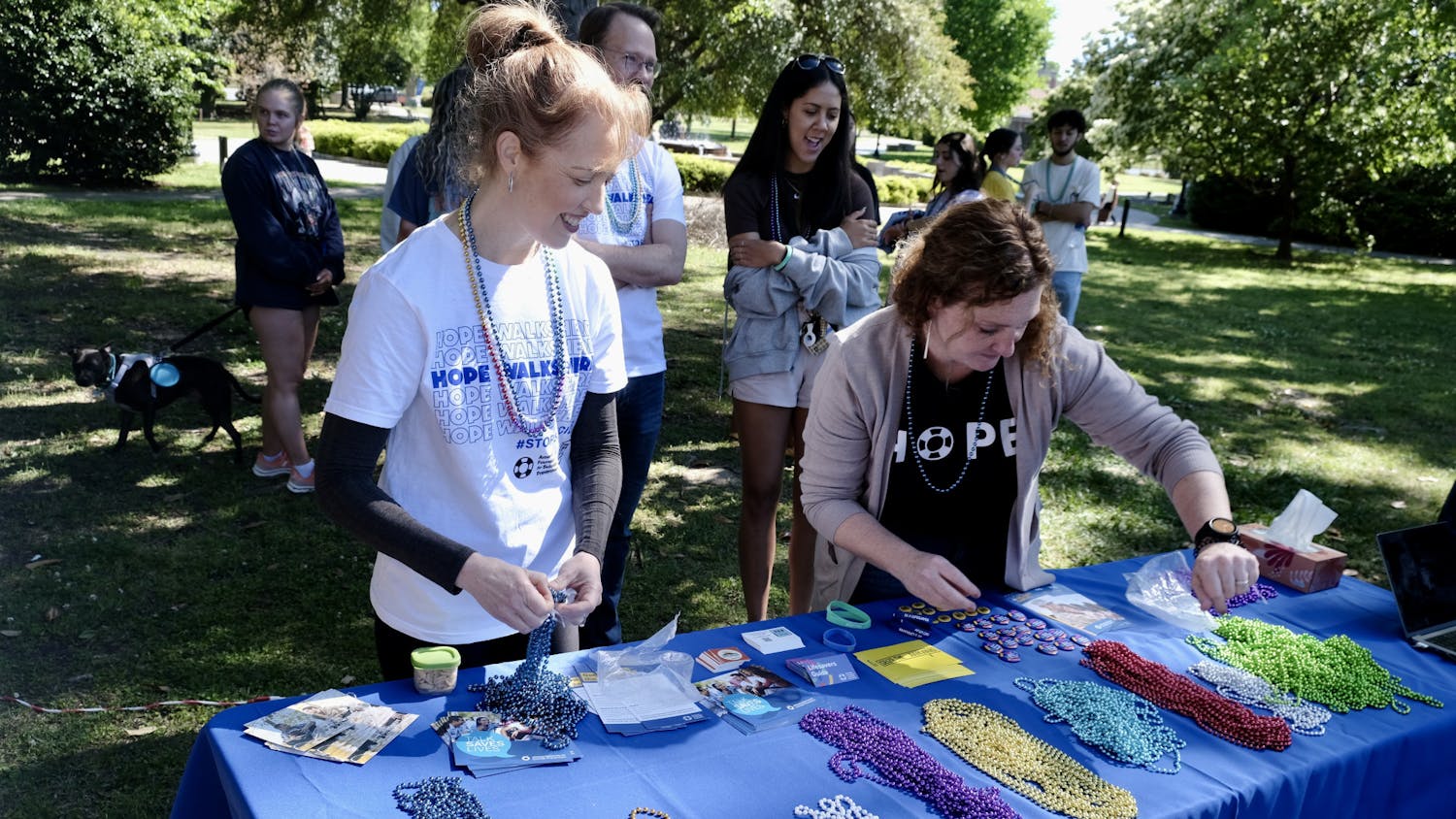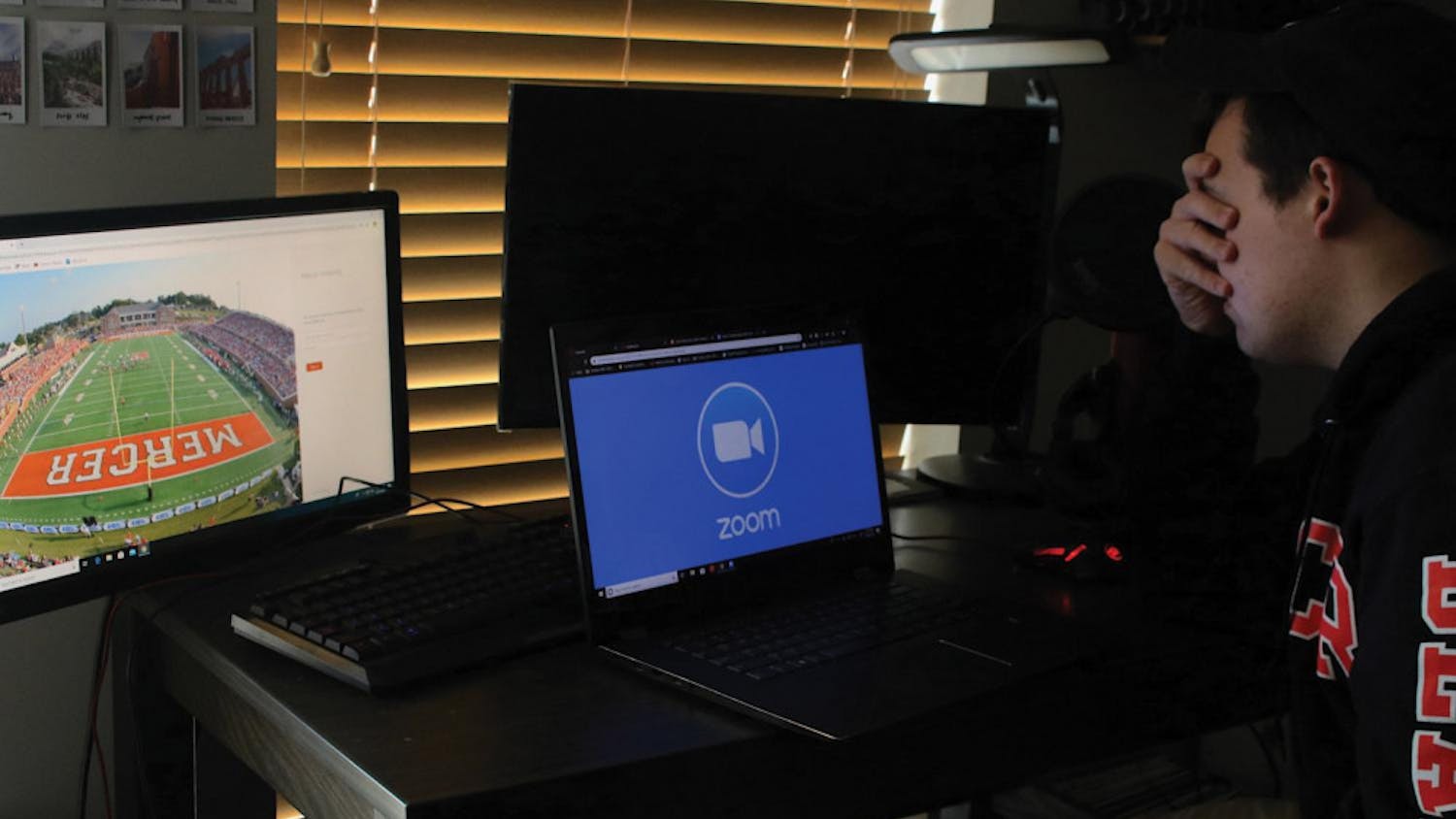To top off a semester that was already challenging for many of us, Mercer University has made the contentious decision to move to remote learning until at least April 3. In the midst of a global pandemic that’s causing lockdowns and panic-shopping and mandating social isolation, we have to navigate how best to balance our coursework and support our communities. Suffice it to say, it’s totally okay to feel stressed right now.
It’s not just those of us who are prone to anxiety, depression or discomfort in rocky situations who may be feeling uncomfortable. The novel strain of coronavirus, known as COVID-19, has prompted unprecedented responses that could be jarring to anyone. We don’t know what’s going to happen next, and the whole world seems more and more fearful by the day.
What’s most important right now is well-being—but not just physically. It’s crucial to take care of yourself emotionally, too. Here’s how to stay sane when the entire planet seems to be coming apart at the seams.
Make peace with your feelings
It’s easy to work yourself up by convincing yourself that you shouldn’t be feeling the way you’re feeling. If you’re stressed by all the uncertainty, don’t get mad at yourself for feeling that way. Don’t try to repress it or pretend you’re not worried. That will only make you feel worse.
Alternatively, don't feel like you have to be upset if you aren’t. Your feelings may change from day to day or even hour to hour. Understand that there is no normal reaction to an abnormal situation. Your feelings are valid, and accepting them for what they are is the first step to finding your calm.
Stay connected with friends and family
Most of us will be practicing some form of social distancing for a while. Isolation can be troubling for anyone, especially for those who already suffer from depression or anxiety. Combat loneliness by checking in with people you love and who love you, too. Using the wonders of modern technology like FaceTime and Skype, we can bring loved ones together like no other generation in history could. If you’re headed home, you can still talk to your college family, and if you’re staying on our increasingly quiet campus, your home family is just a phone call away.
Know if you need to unplug
That said, sometimes social media can drain us more than it empowers us. There are scary (and sometimes misleading) statistics, pessimistic news stories and photos of depleted grocery store shelves that constantly remind us of the situation at hand. Deleting your apps for even 24 hours can help you refresh your sense of calm. You can also mute words and phrases on some platforms, such as Twitter, so you can filter out the coronavirus content while staying up-to-date with friends.
Create a semblance of normalcy
Aside from causing loneliness, social isolation and school closures disrupt our usual routines. It’s easy to slip into an odd liminal space where you don’t know what to do with your time, even if you have plenty of work to do. Without the constraints of having places to be, motivating yourself to do things becomes a struggle.
To avoid this, you can create your own schedule to structure the day. Try blocking out a few hours in the morning to do your online schoolwork, sometime in the afternoon to call loved ones and an evening to unwind in whatever ways you choose. If you do the same sort of task every morning, every afternoon and every night, the rest will fall into place and help you feel as normal as possible.
Find the positives
The pandemic is serious, as much as some of us may want to think it isn’t. Looking for a “bright side” feels a little disingenuous. Yes, this is temporary; but what might happen before it’s over is yet to be seen and something we can’t shrug off. So, look for the positives in your personal day-to-day experience rather than try to find them in the overall situation.
Here’s one. Your break from school, if you’re taking it, may allow you to finally catch up on some leisure activities you’ve wanted to do but couldn’t due to all the responsibilities that come along with being a student. Personally, I’m binging “Broad City” and finally making progress on the stack of books I got for Christmas. I’ve also deep-cleaned my space and redecorated my room.
Another, more meaningful positive in all of this is that, while social distancing is keeping us apart, it’s also bringing us together in an odd way. We’re likely to find ourselves talking to each other more (remotely, but still) and checking up on how our loved ones are doing. Even if it’s just sending someone a meme, we’re staying connected, and that’s the most important thing.





